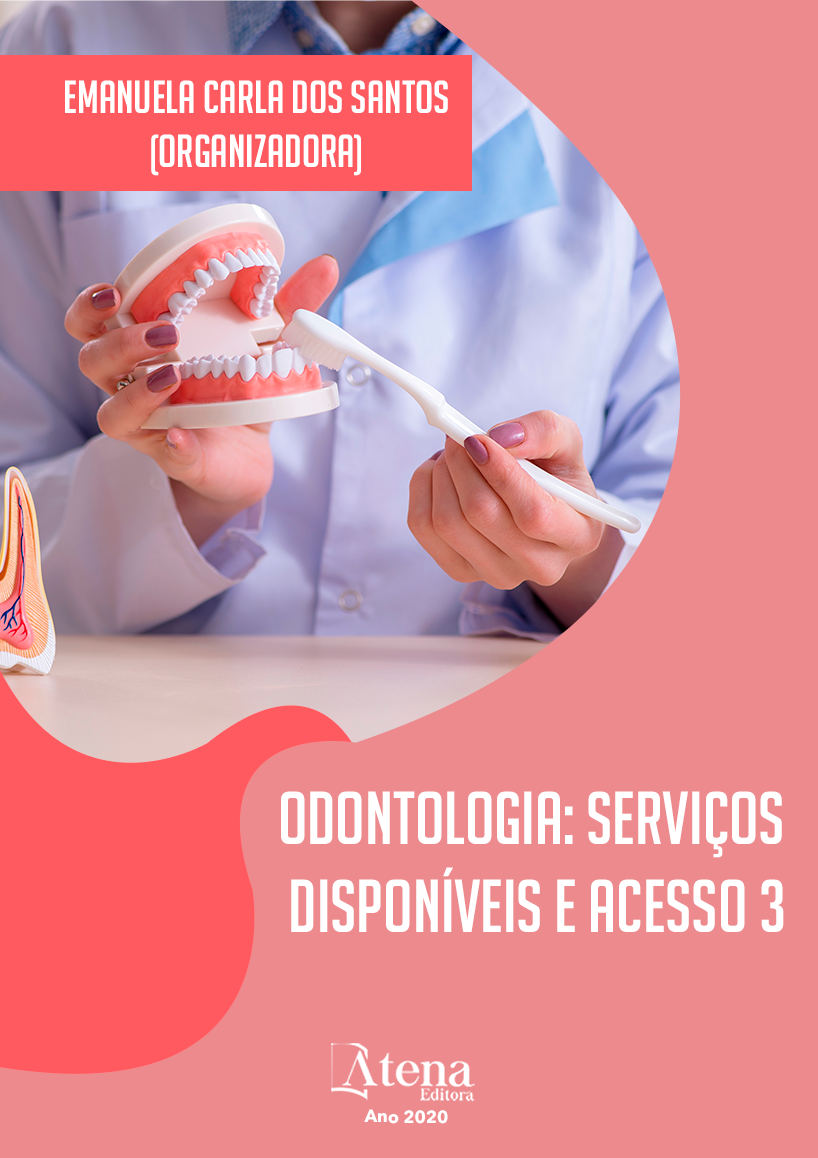
Estudo comparativo da condição periodontal de pacientes renais crônicos em pré-diálise e hemodiálise
O impacto da doença periodontal na saúde geral do indivíduo, como o desenvolvimento e progressão da aterosclerose, diabetes mellitus e insuficiência renal, tem sido cada vez mais estudado. Assim, este estudo teve como objetivo caracterizar a condição periodontal de pacientes renais crônicos em terapia pré-diálise e hemodiálise. Este estudo transversal incluiu 15 indivíduos sistemicamente saudáveis (Grupo Controle), 15 pacientes em terapia pré-diálise (Grupo TPD) e 57 pacientes em hemodiálise (Grupo HD). A avaliação periodontal foi realizada em seis sítios por dente, com os seguintes parâmetros: profundidade de sondagem (PS), nível de inserção clínica (NIC), sangramento à sondagem (SS) e índice de placa visível (IPV). O indivíduo foi diagnosticado com periodontite crônica se tivesse pelo menos dois sítios interproximais em dentes diferentes com NIC ≥ 4 mm e / ou pelo menos dois sítios interproximais em dentes diferentes com PS ≥ 5 mm. Na análise estatística foi utilizado o teste ANOVA, seguido pelo teste Tukey e Regressão Linear Simples, com nível de significância de 5%. Quanto ao IPV e ao ISS, não houve diferença estatística entre os grupos estudados (p > 0,05). O Grupo HD apresentou PS (5,54 ±1,81) e NIC (5,91 ±2,15) superiores aos demais grupos (p < 0,001). A regressão linear mostrou que os principais fatores de determinação para PS e NIC foram a inflamação gengival, biofilme e idade nos três grupos. A perda de inserção e a profundidade das bolsas periodontais apresentaram-se mais elevadas nos pacientes sob hemodiálise, sugerindo uma possível associação entre o agravamento da insuficiência renal e a condição periodontal nestes pacientes.
Estudo comparativo da condição periodontal de pacientes renais crônicos em pré-diálise e hemodiálise
-
DOI: 10.22533/at.ed.20120030314
-
Palavras-chave: Insuficiência Renal Crônica. Diálise Renal. Doenças Periodontais.
-
Keywords: Renal Insufficiency, chronic. Renal Dialysis. Periodontal Diseases.
-
Abstract:
The impact of periodontal disease on general health of the individual, as the development and progression of atherosclerosis, diabetes mellitus and renal failure has been increasingly studied. Thus, this study aimed to characterize the periodontal status of patients with chronic kidney disease therapy in pre-dialysis and hemodialysis. This cross-sectional study included 15 systemically healthy individuals (control group), 15 on pre-dialysis patients therapy (PDT group) and 57 hemodialysis patients (HD Group). The periodontal evaluation was realized at six sites per teeth using dental parameters: probing depth (PD), clinical attachment level (CAL), bleeding on probing (BoP) and visible plaque index (VPI). The subject was diagnosed with chronic periodontitis if he/she had at least two inter-proximal sites in different teeth with CAL ≥4 mm and/or at least two inter-proximal sites in separate teeth with PD ≥5 mm. The ANOVA test was used in the statistical analysis, followed by the Tukey test and Simple Linear Regression, with a 5% significance level. Regarding the VPI and the BoP, there was no statistical difference between groups (p>0.05). The Group HD presented PD (5.54 ± 1.81) and CAL (5.91 ± 2.15) higher than other groups (p<0.001). Linear regression showed that the main determining factors for PD and CAL were gingivitis, plaque and age in the three groups. Conclusion: The CAL and the PD were more elevated in hemodialysis patients, featuring a more severe chronic periodontitis in these patients and suggesting a possible influence of renal failure on the periodontal condition of these patients.
-
Número de páginas: 15
- Vandilson Pinheiro Rodrigues
- Leslie Alves da Silva
- Monique Maria Melo Mouchrek
- Antonio Luiz Amaral Pereira
- Bruno Braga Benatti
- Mayra Moura Franco


